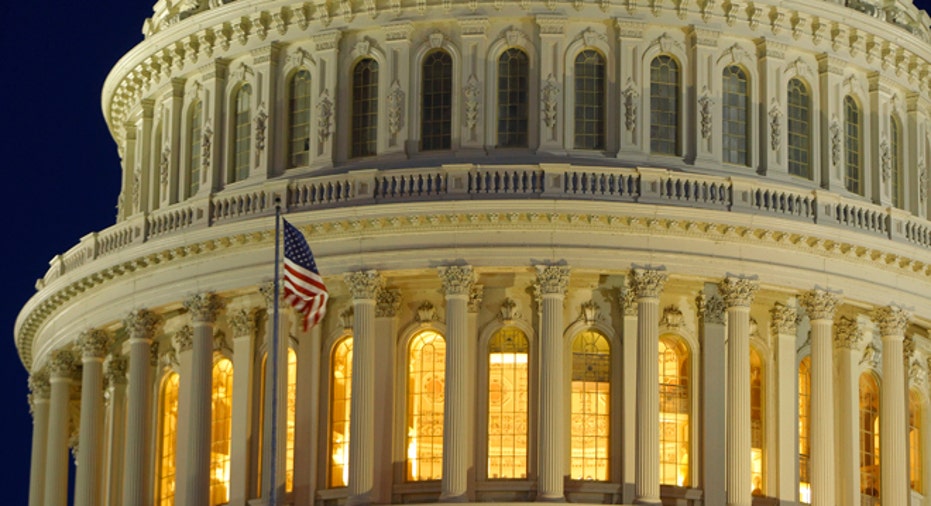Divided Congress Triggers Partial Government Shutdown

A Congress deeply divided over party lines failed to pass legislation to keep the government funded Tuesday -- igniting a shutdown of all but essential government services for the first time since 1996.
The sticking point has been, and continues to be, a Republican-controlled House desire to include a provision to either repeal or modify portions of President Barack Obama’s signature health-care law, the Affordable Care Act. In the House’s most recent proposal, it included a provision to delay the ACA’s individual mandate – it’s key provision – for one year. It also included in the CR an amendment to subject certain lawmakers and administration officials to the Affordable Care Act’s provision the American public is subjected to.
Tensions were high and continued to climb as the legislative Ping-Pong continued late into the night. House Speaker John Boehner, on the House floor, explained his reasoning for backing so strongly a provision to repeal or modify the ACA, saying it’s what the American people want.
“The American people don’t want a shutdown and neither do I,” Boehner said. “…Here we find ourselves in this moment dealing with a aw that’s causing unknown consequences and unknown damage to the American people and our economy. And that issue is ObamaCare. Those who don’t recall, it was passed in the middle of the night. 2,300 pages that no one ever read and all types of consequences for the American people, our constituents.”
But Democrats didn’t buy it. Representative Stenny Hoyer refuted the speaker’s remarks, dismissing them as nothing but pure politics and rhetoric.
“Tonight is about the continuing destructive obsession that our Republican friends have and their refusal to recognize there was an election just some months ago…As a result, you are about to shut down the government. You an get up here and say over and over and over again, we don’t want to shut down the government. But your actions, Mr. Speaker, their actions belile their words.”
Though the effort cleared the House around 9:00 p.m., the legislation was dead on arrival in the Senate as déjà vu continued late into the night, as the U.S. hurtled toward its midnight deadline. Within 30 minutes, the Senate stripped the House-passed amendments from the bill, and kicked the CR back to the House for another try.
Congress then repeated the back-and-forth another time, with the House passing another CR just after 1:00 a.m. This time, the House also ordered a motion to go to conference that could force the Senate to the bargaining table. That body isn't expected to meet until closer to 9:30 a.m.
Analysts across global investment banks were paying close attention to the lack of action by Congress after Wall Street fell Monday on the back of fiscal concerns. Market participants' initial reaction to the inaction by Congress was calm, with U.S. stock-index futures actually rising mildly in early trade on the back of encouraging data out of Japan. S&P 500 futures were recently up 0.23%.
Still, concerns persisted.
"The way forward from here is not obvious," analysts at Nomura warned clients. "The shutdown could take a week or more to resolve."
The Japan-based investment bank said the next big deadline is October 17 -- the day the U.S. Treasury is expected to run out of "extraordinary measures" the meet the country's financial obligations without a move from Congress. A breach of the debt limit could be far more caustic than the shutdown -- particularly for financial markets.



















